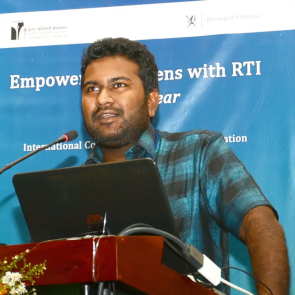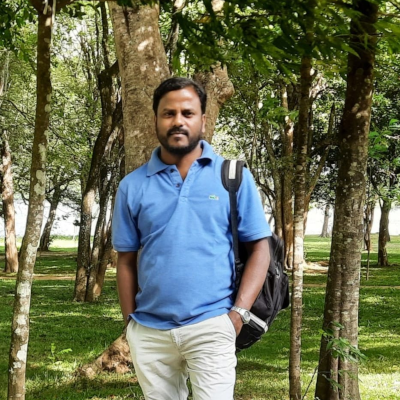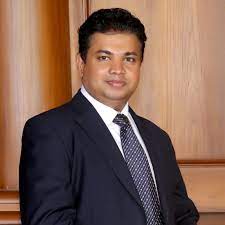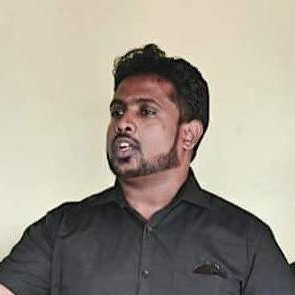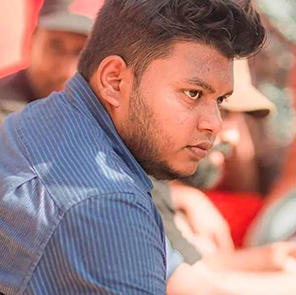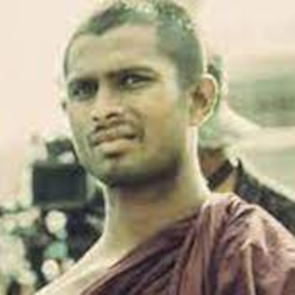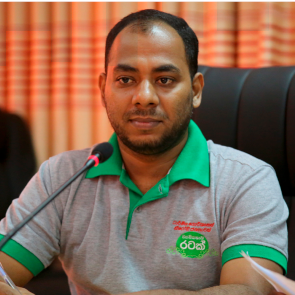#Sri Lanka
#Sri Lanka
The situation for human Rights Defenders has significantly improved since Maithripala Sirisena came to power in January 2015, with improved conditions for freedom of expression, civil society and judicial independence. The Sirisena administration has ushered in a broad reversal of the country’s authoritarian drift under Mahinda Rajapaksa, but human rights defenders fighting against corruption, enforced disappearances or defending environmental rights remain at great risk.
Despite the end of the armed conflict with the Tamil Tigers in 2009, strict security laws are in force and the situation for HRDs working on enforced disappearances, torture and land rights remains critical. HRDs seeking accountability for violations committed by both parties to the conflict face serious risks, including death threats, smear campaigns, judicial harassment, torture, enforced disappearance and killing. The army has also imposed some restrictions on assembly in Tamil regions. Impunity for crimes against HRDs is a major concern, since the current government shows no real intention to hold security forces responsible for the crimes they committed against HRDs and journalists during the civil war and the Rajapaksa years. Press freedom remains fragile, as journalists still face difficulties covering certain topics and are subject to harassment and intimidation. The revival of the Press Council - widely employed under Rajapaksa to target independent voices - in July 2015 has also alarmed HRDs.
Sri Lanka’s legal framework includes laws that have been, and can still be, used against HRDs. In May 2017, the Cabinet approved the third draft of the Counter Terrorism Act (CTA), set to replace the draconian Prevention of Terrorism Act, previously used to target HRDs. Parliamentary votes have yet to take place, but the text still contains clauses that could infringe on free expression and activism and grant excessive powers to the police to detain people for long periods without judicial supervision. New amendments to the Code of Criminal Procedure (CCP) Act introduced in March 2017 could place restrictions on suspects’ rights to have access to lawyers.

